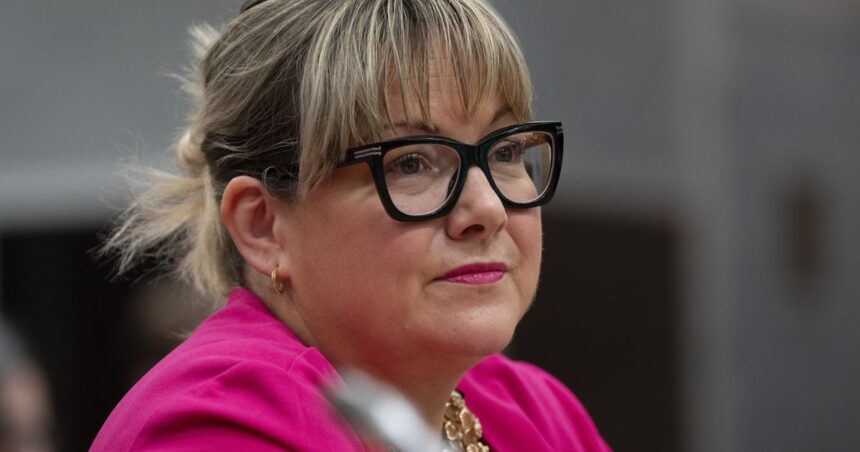In a stunning announcement that has sent ripples through Canada’s political landscape, veteran Conservative strategist Jenni Byrne confirmed Thursday she will not lead the party’s campaign efforts in the upcoming 2025 federal election. Byrne, widely credited as the architect behind the party’s recent electoral resurgence, cited personal reasons for her departure from the high-profile role.
“After careful consideration and discussions with my family, I’ve decided to step back from campaign management for the next election cycle,” Byrne stated in a brief media release. “My commitment to Conservative principles remains unwavering, but it’s time for new voices to carry the torch forward.”
Byrne’s departure marks the end of an era for the Conservative Party’s campaign machinery. As one of the most influential backroom operators in Canadian politics, she has been instrumental in shaping the party’s messaging and electoral strategy since the Stephen Harper era. Political analysts have long regarded her as possessing an unparalleled understanding of the Conservative base and exceptional organizational abilities.
Party insiders speaking on condition of anonymity revealed that discussions about Byrne’s successor have already begun, with several names circulating among senior leadership. The timing of the announcement, coming nearly a year before the anticipated election, appears strategic to allow for a smooth transition.
“Jenni built a campaign infrastructure that’s second to none,” said Michael Barrett, Conservative MP for Leeds-Grenville-Thousand Islands. “While her leadership will be missed, she’s established a foundation that will serve us well moving forward.”
The Conservative Party has seen a remarkable resurgence in public opinion polls over the past 18 months, with leader Pierre Poilievre consistently outperforming Prime Minister Justin Trudeau on key metrics including economic management and leadership capability. Political observers from across the spectrum acknowledge Byrne’s role in crafting this comeback narrative.
Dr. Lori Turnbull, Director of the School of Public Administration at Dalhousie University, noted that Byrne’s departure represents a significant moment in Canadian politics. “She’s one of the most successful campaign managers in recent Canadian history. Her strategic vision helped transform the Conservative Party into a more formidable electoral machine.”
Byrne’s political career spans over two decades, having worked on numerous provincial and federal campaigns. She served as Harper’s deputy chief of staff and was campaign director for the Conservative Party’s successful 2011 federal election campaign, which delivered the party its only majority government under Harper’s leadership.
The Liberal Party’s campaign co-chair, Jeremy Broadhurst, offered a rare cross-partisan acknowledgment of Byrne’s impact. “While we fundamentally disagree on policy direction, Jenni’s skill as a campaign strategist is undeniable. Her departure changes the dynamics of the next election campaign significantly.”
Sources close to Byrne indicate she may pursue opportunities in the private sector or establish a political consulting firm, though she has not publicly confirmed her future plans. Conservative Party officials have emphasized that she will remain available in an advisory capacity during the transition period.
As Canada moves closer to the 2025 federal election, questions remain about how this leadership change will affect the Conservative Party’s campaign strategy and messaging. Will Poilievre maintain the momentum Byrne helped establish, or will this transition create an opening for the Liberals to regain their footing in Canadian politics?











